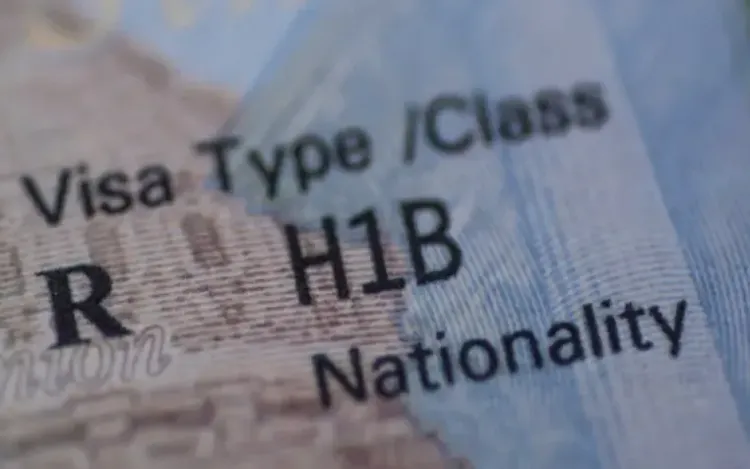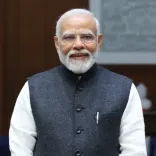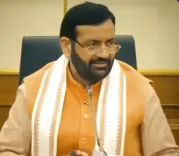Will the US's H-1B Visa Fee Increase Have Humanitarian Implications?

Synopsis
Key Takeaways
- US imposes a $100,000 annual fee on H-1B visas.
- The decision may have humanitarian consequences for families.
- India is consulting with its embassy in Washington.
- US companies could be significantly impacted.
- New opportunities for Global Capability Centres may arise in India.
New Delhi, Sep 20 (NationPress) India expressed concerns on Saturday regarding the potential humanitarian impact stemming from the US government's decision to introduce a $100,000 annual fee on H-1B visas starting September 21. The Indian authorities hope that the disruption to families caused by this policy can be adequately addressed by US officials.
In a statement from the Ministry of External Affairs (MEA), spokesperson Randhir Jaiswal noted, "The Government has reviewed the reports concerning the proposed changes to the US H-1B visa program. All stakeholders, including Indian industry, are assessing the full implications of this measure, with initial analyses already clarifying some misconceptions about the H-1B program."
The spokesperson emphasized that both Indian and US industries have a vested interest in fostering innovation and creativity, and it is anticipated that discussions will take place to determine the most effective path forward.
"The mobility of skilled talent and exchanges between our nations have significantly contributed to advancements in technology, innovation, economic growth, competitiveness, and wealth creation in both the United States and India. Policymakers should evaluate these recent developments with a view towards mutual benefits, which include the robust people-to-people connections between our countries," the statement continued.
Furthermore, the spokesperson pointed out, "This policy may lead to humanitarian consequences due to family disruptions. The Government hopes that US authorities will find suitable solutions to these issues."
Government sources indicated that New Delhi is maintaining communication with the Indian Embassy in Washington and is consulting with the prominent tech industry association, Nasscom, locally.
The new fee structure is anticipated to predominantly impact US companies that heavily depend on Indian professionals for specialized, high-skill tech positions.
Experts suggest that this development might also spark a new wave of Global Capability Centres (GCCs) in India to address the anticipated talent shortages in the US following the implementation of the new visa fee.
India holds the highest number of H-1B visas, followed closely by China.






